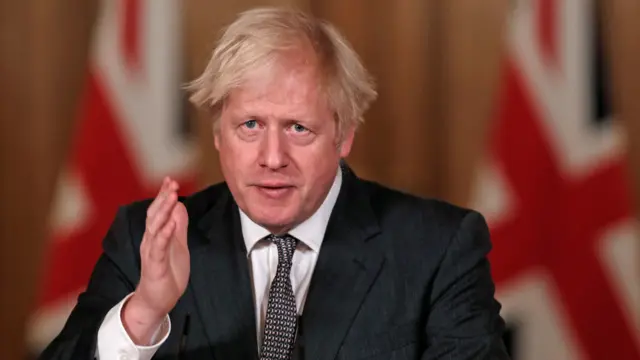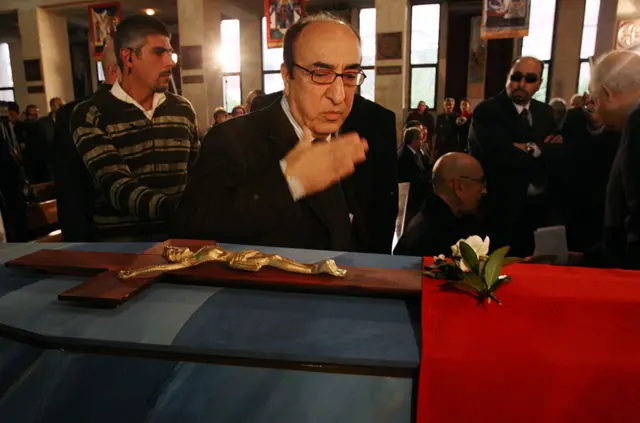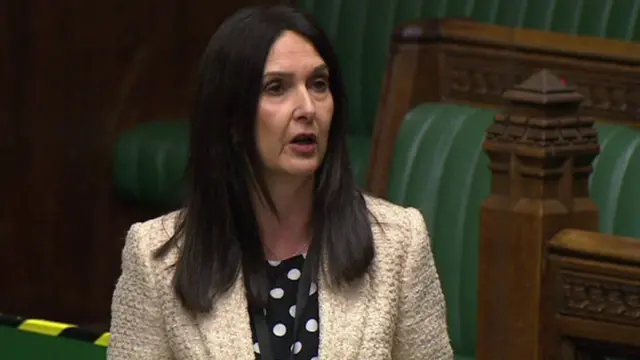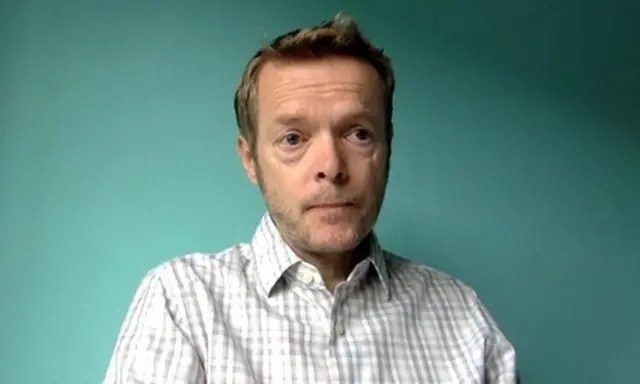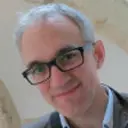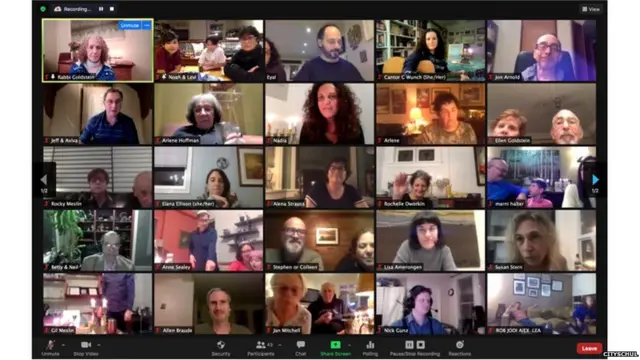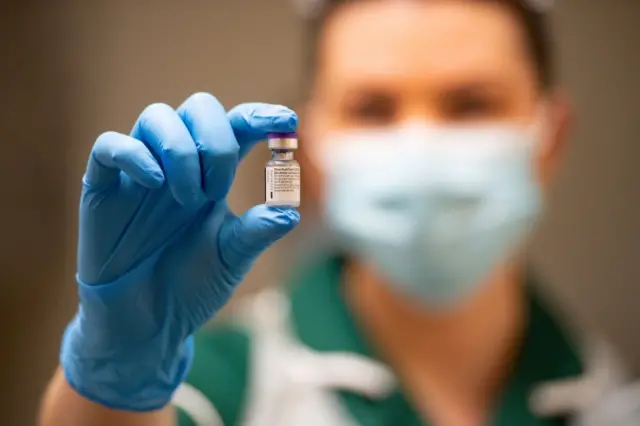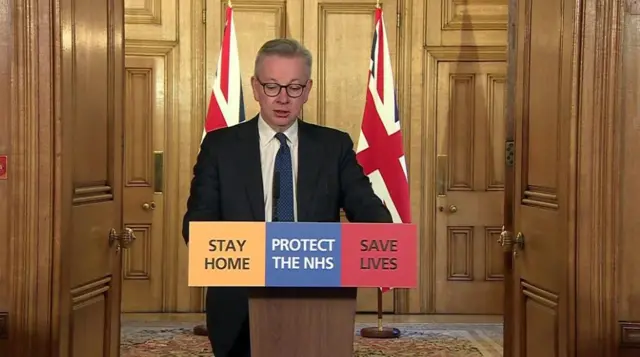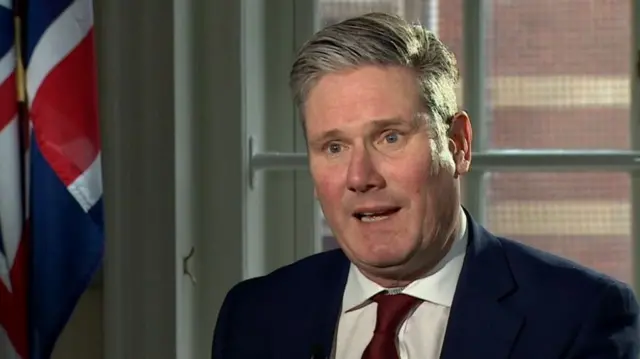Are things worse than before the previous lockdown?published at 20:06 GMT 4 January 2021
 Reality Check
Reality Check
As the prime minister takes further action in England, it is clear that the situation is worse than before the second lockdown began in early November.
Back then, on 5 November, the case rate was 247 cases per 100,000 people.
Now it’s more than double that with 519 cases per 100,000.
And looking at the speed of increases before the lockdown, the coronavirus rate has increased by 70% in the past two weeks, compared to 10% in the period running up to the November lockdown.
As ever, we must look at all sources of data, as case rates can also be influenced by mass testing.
Looking at hospital data, the situation is – again – more serious.
There are currently now on average 2,550 new coronavirus admissions every day; this is compared to 1,327 on 5 November.
